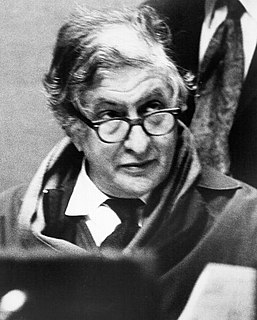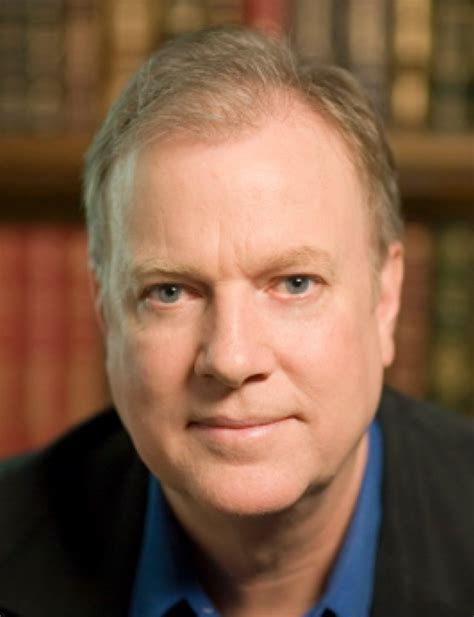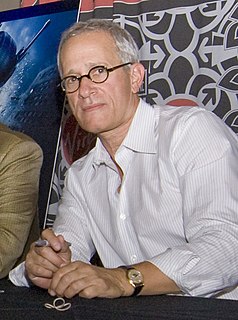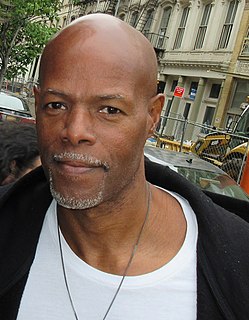A Quote by Bernard Herrmann
I feel that music on the screen can seek out and intensify the inner thoughts of the characters. It can invest a scene with terror, grandeur, gaiety, or misery. It can propel narrative switftly forward, or slow it down. It often lifts mere dialogue into the realm of poetry. Finally, it is the communicating link between the screen and the audience, reaching out and enveloping all into one single experience.
Related Quotes
When we go to the movies, we identify with the characters we see. That's why we go to the movies; we have a voyeuristic experience; we have an out of the body experience. The screen is more real than our thoughts are at the moment we are looking at the film and we place ourselves in the place of the people on the screen, and when they behave nobly, it makes us feel noble, when they are sad and when they have lost love, we feel sad; we can identify with that.
I feel like my job as a storyteller and director is to create an experience where the audience forgets they're in a cinema and can get lost in the story. Things popping out of the screen call attention to the artifice of what you're doing, so I use 3D as more of a window into a world behind the screen.
Many writers struggle with exposition in their novels. Often they heap it on in large chunks of straight narrative. Back story – what happens before the novel opens – is especially troublesome. How can we give the essentials and avoid a mere information drop?
Use dialogue. First, create a tension-filled scene, usually between two characters. Get them arguing, confronting each other. Then you can have the information appear in the natural course of things.
I don't usually see what I've done. I don't often watch the film or watch the show. It's really about that experience on-set and within the scene. Because later, when the film comes out or the show comes out it's the editor's realm or the director's realm. But that moment on set, that's that electricity between me and another actor, and that's really what excites me.
The Real is ever-present, like the screen on which the cinematographic pictures move. While the picture appears on it, the screen remains invisible. Stop the picture, and the screen will become clear. All thoughts and events are merely pictures moving on the screen of Pure Consciousness, which alone is real.
. . . I felt that making her one-dimensional would be an insult to the audience, and also not as interesting. All destructive people have an inner side to them, and the more three-dimentional your characters are on screen the more compassion you can open up in an audience . . .. To me, that involves the audience more, it stimulates them and asks more of them.
I do not think that there need be the conflict between books and videos, that one would drive out the other. It certainly is possible to watch the screen for some things and for others to sit down and read, because the screen is easier to do, to watch is easier than to read because you don't have to contemplate anything. Someone else has done the work of putting it on the video.








































